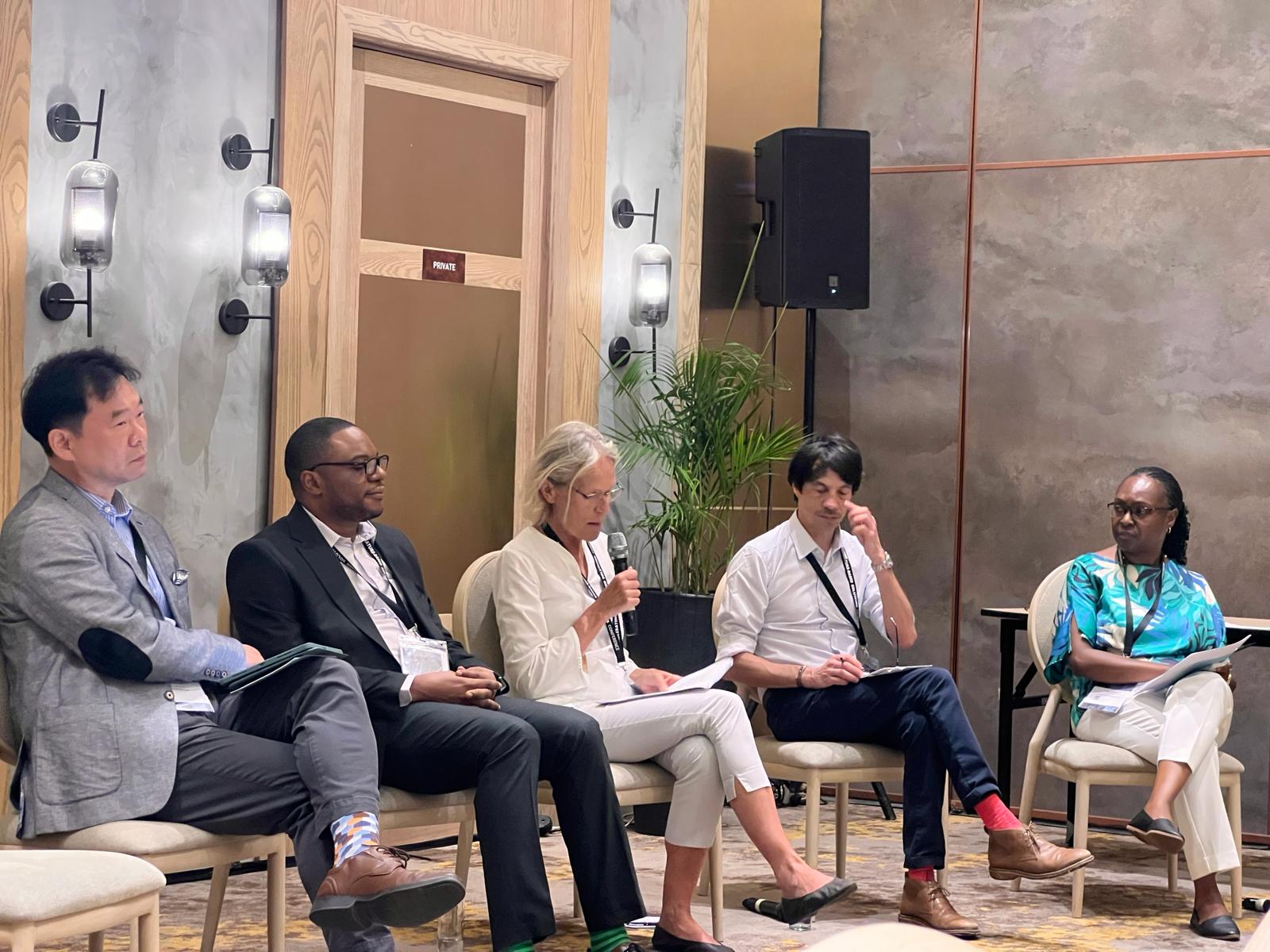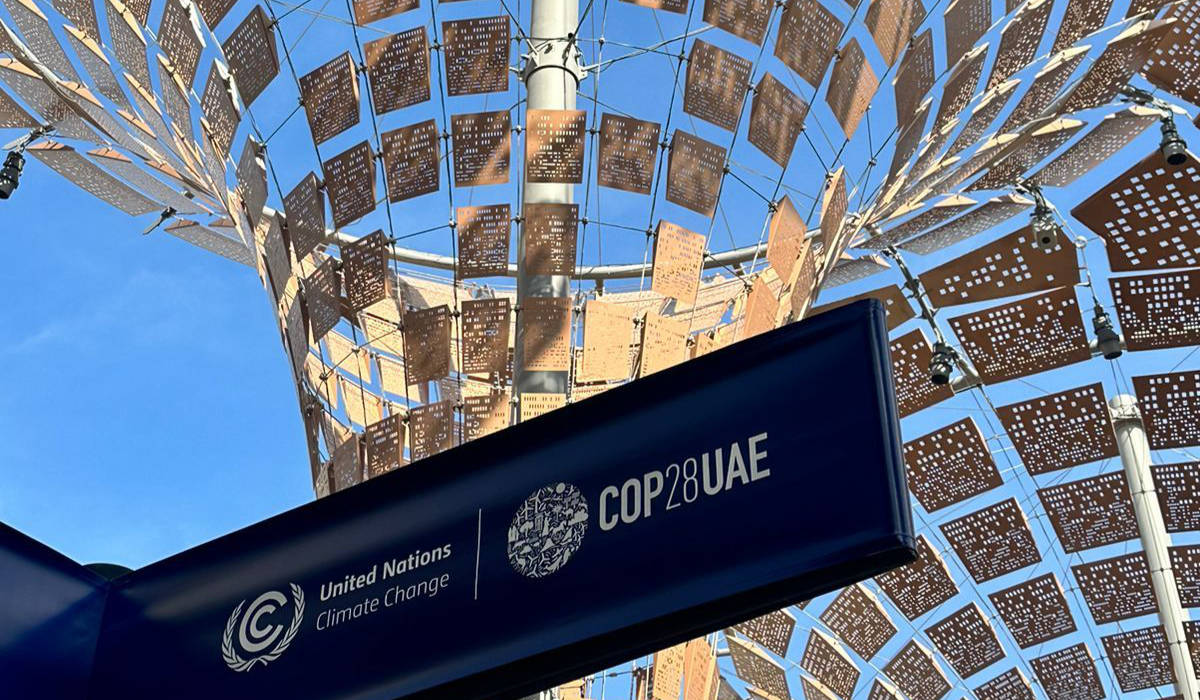South Africa requires between R4 trillion and R8.5 trillion for its just energy transition (JET), a report written by market researchers Intellidex found. But there are several blockages in the existing capital market landscape that curtail the key role that the private sector will need to play in providing the scale of finance needed.
The country will need to unlock an enormous amount of financing from various sources of capital, both domestic and foreign, to ensure its JET is adequately funded. The report, commissioned by the African Climate Foundation (ACF), said that both private and public sector funding had a role to play.
“To ensure that South Africa’s evolution from a highly constrained yet carbon-intensive market to a flourishing low carbon economy is achieved, capital allocators must engage with innovative financing strategies to help bridge the gap between traditional philanthropic funding, development aid and public sector financing on the one end of the spectrum, to commercial investors on the other end,” the report states.
Concerted effort
Saliem Fakir, executive director at the ACF, agrees that mobilising the trillions needed for the just energy transition will be no easy feat.
“The highly complex process that will unfold over the next three decades will require concerted efforts from all stakeholders in the financial ecosystem to maximise the probability for South Africa to successfully transition to a net zero economy,” says Fakir.
Fakir explains that not all finance could come from the public sector – sources of finance will have to be raised from private finance and savings as well.
Blockages
The report, however, outlined several blockages in the existing capital market that hampered investment from the private sector on the scale of finance needed. It warned that these blockages are not currently fully appreciated by policymakers and the markets and that the system should prepare itself for the huge volume that will be needed.
Apart from the lack of an investable pipeline, the report stated, other blockages included ambiguity around JET conceptualisation, a leadership vacuum, skills shortages, and a lack of strategic integration of JET. Other blockages also included issues related to liquidity, foreign exchange risks and lacklustre demand, insufficient financial innovation, poor macroeconomic fundamentals, and poor-quality data.
Investable pipeline
The report found that one of the most significant blockages was the lack of an investable pipeline.
“Investors want to get their teeth stuck into actual deals to test internal structures and processes as well as enable discussions with end investors,” the report includes.
Many of the practitioners the researchers contacted highlighted that they have not been presented with any deals for serious consideration despite an abundance of rhetoric on energy finance and infrastructure in general.
“Most green projects are not bankable without some measure of derisking of projects.”
The report also warned that although there is much hype in the media around the JETP, it is quite alarming how vague and ambiguous market stakeholders’ conceptual understanding of the JET is.
“There is little appreciation for the fact that the $8.5bn (~R147bn) is merely a starting point and by no means a silver bullet that will solve South Africa’s broader just transition financing needs.”
Develop solutions
Peter Attard Montalto, head of capital markets research at Intellidex, said it was critical that policymakers and the private sector develop the solutions to each one of these blockages as soon as possible.
“Some hurdles will be easier to overcome than others, yet with collaborative efforts between private and public sector actors, as well as partnerships between capital providers along the entire spectrum of capital – from philanthropic funders right through to commercial investors – progress can be made to ultimately mobilise funding at scale,” says Montalto.
The report lists several actions that could be employed to remove the hurdles that blocked the needed investment. These include:
- Building conceptual consensus on JET financing
- Developing the investment case for JET financing
- Developing the project pipeline
- Designing a national JET strategy, including creating implementation capacity
- Embedding JET into core business strategies
- Mapping various funders in the ecosystem to establish who can fund what
- Designing investment instruments that can unlock financing at scale
- Supporting bank financing capacity
- Building capital market infrastructure
- Addressing the skills gap
- Advocacy related to rethinking existing ESG integration practices
- Reporting standardisation
Montalto explains that a much stronger effort was needed around how to create consensus on how a just transition is defined. What must follow is to build capacity across the capital market ecosystem. This was “required to enable South Africa to unlock financing at scale.”
The researchers believed this focus on blockages and the catalytic factors required to promote private sector financing at scale is far more important than the plethora of studies, trying to attach numbers from the private sector to JET and climate investment plans.
The report is available here.



